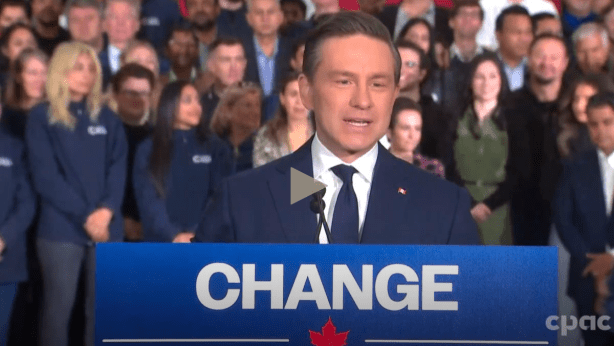Carney’s new government must deliver on public health care
With the dust still settling on Canada’s 45th Federal Election results, the Canadian Health Coalition’s Steven Staples and Anne Lagacé Dowson discussed what the results mean for public health care on April 29. The webinar is now available for viewing below.
Only a few months ago, almost everyone anticipated Canada’s next Prime Minister to be the Conservative Party of Canada’s Pierre Poilievre. But Trump’s tariff and annexation threats and Mark Carney’s replacement of Justin Trudeau brought the Liberal Party back to life, and is being credited for voters giving the party a rare fourth term mandate in a minority government.
Steven Staples, National Director of Policy and Advocacy of the Canadian Health Coalition, noted that the Liberal Party’s platform included elements from both the Conservatives and the NDP.
“I would say for the Liberals, it’s a reset moment for them,” said Staples, adding that the Liberals will have to decide on a new cabinet and respond to Trump’s agenda.
Previous Health Minister Kamal Khera will not be joining Carney’s new cabinet, having lost her Brampton West riding to the Conservative’s Amarjeet Gill.
On Quebec, Anne Lagacé Dowson, Media Director of the Canadian Health Coalition, noted that the Bloq Québécois lost about 10 seats to the Liberals but will still be an important party in Parliament.
Alexandre Boulerice was the only NDP to win a seat in Quebec. For Dowson, “Many great candidates, pro-health care candidates were defeated.”
Reflecting on the previous four years, Staples said, “From an issue-based, policy-based view, we had some of the best expansion of public health care in a generation with the new federal dental care program, the pharmacare program, which were both done in completely different ways.” Dental care was rolled out as a standalone means-tested program while pharmacare, more attuned to the Canada Health Act for its universal approach, requires provincial cooperation.
Staples highlighted that the previous government’s Confidence and Supply Agreement between the Liberals and NDP achieved not only increases in federal health care funding to the provinces but also accountability mechanisms, in addition to dental care and pharmacare.
Singh is being thanked for keeping public health care prominent in the election campaign, but the party lost many seats and does not have official party status. Conservative Party Leader Pierre Poilievre and NDP Leader Jagmeet Singh both lost their seats, and Singh resigned as party leader following his defeat.
Another high-profile Conservative, Dr. Stephen Ellis, will not be returning to Parliament, losing the Cumberland-Colchester seat to the Liberal’s Alana Hirtle. Ellis, the former Conservative health critic, was a voice against universal pharmacare.
Bea Bruske, President of the Canadian Labour Congress, in a statement on the federal election results, called on the Carney government to deliver on “public health care, including access to a doctor or nurse practitioner for every Canadian and expanding universal, public Pharmacare.”
The Canadian Health Coalition is preparing to amplify the voices of health care workers and public health care champions with the newly elected MPs. Stay tuned.
Support the Canadian Health Coalition



